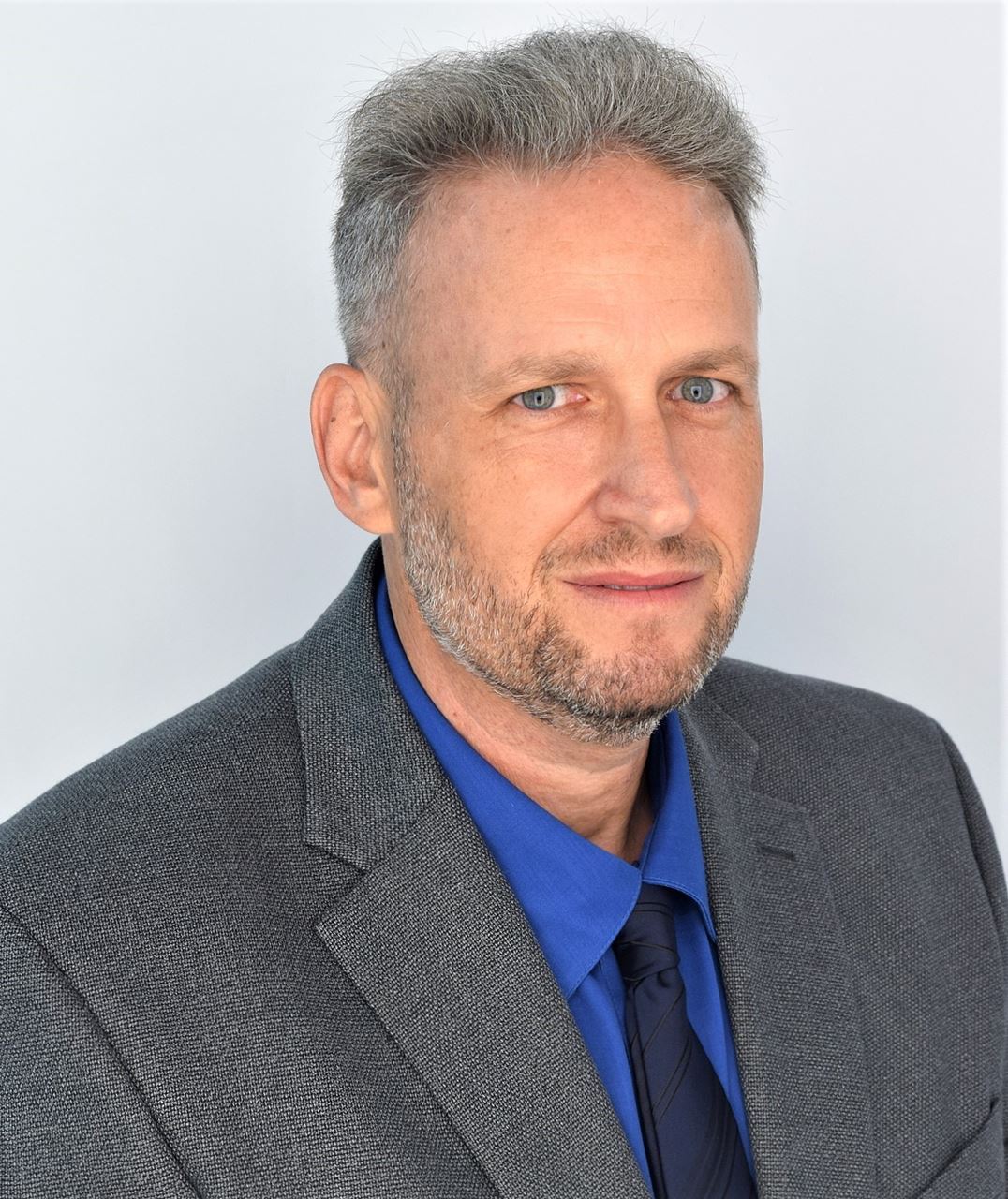%20(1).png)
ACR-GNY & CUNY Dispute Resolution Center at John Jay College present:
VIRTUAL ROUNDTABLE BREAKFAST:
PLEASE NOTE: THIS WILL BE A VIRTUAL MEETING ON ZOOM. WHILE THE PROGRAM WILL START AT 8:30, IF YOU ARE UNFAMILIAR WITH ZOOM, YOU WILL BE ABLE TO SIGN IN AS EARLY AS 8:00 AM
BEYOND TECHNOLOGY:
CONFLICT, RESOLUTION AND RESOLVERS ARE CHANGING
INSTRUCTIONS TO SIGN INTO ZOOM BREAKFAST WILL BE SENT TO ALL REGISTRANTS THE WEEK OF THE EVENT.

NOAM EBNER
In an instant, the coronavirus pandemic and social distancing have altered conflict, negotiation, formal dispute resolution mechanisms, and mediation practice, the world over. What will be the overall impact of this period on the conflict resolution field? In a world experiencing a new normal in the present, envisioning the future new normal is particularly challenging.
With the field’s transition to online activity, its current focus on technology as the new variable, exploring both the nuts and bolts of online process conduct as well as the effects of technology on the process itself, is understandable and important.
In this session, Noam Ebner – himself a researcher and practitioner of online negotiation and online dispute resolution - will suggest that technology’s utility notwithstanding, focusing primarily on its use is insufficient for anticipating and preparing for the future of conflict resolution. In fact, maintaining this focus only distracts from a far more significant change process that has occurred over the past few decades, evidenced in a wide range of fields outside of conflict resolution: people are changing. As we change, so too do our interactions, including our conflict and conflict resolution interactions. True, these changes have some of their roots in technology’s increasing impact on our lives, yet their effects are not limited to our technologically-mediated interactions. While it is true that 'things are different’ on Zoom; it is also true that we are different than we once were, even when we physically convene. [Remember when we used to do that? Doesn’t it feel like a million years ago? Our use of memory has been changing, and perhaps our grasp of time as well. These are just examples of deep human change with conflict ramifications.]
Just as the pandemic has catalyzed short-term adoption of technology and consideration of its long-term use, so, too, has it accelerated the more covert and far-reaching human change process. In this session, we will distinguish between the two and spotlight them, as necessary yet separate issues to consider while reorienting our individual practices and the conflict resolution field as a whole towards the future new normal. Like any upheaval, the current circumstances pose great challenges even as they offer pathways to advance and grow. This session aims to provide the necessary mindset and focus for recognizing and utilizing opportunities to create a constructive future new normal for the conflict resolution field.
NOAM EBNER is a professor in Creighton University's Department of Interdisciplinary Studies. An early innovator in online teaching, he is former chair of Creighton’s online graduate degree program in negotiation and conflict resolution. Previously, Noam taught for over a decade at universities around the world while practicing as an attorney, negotiator, mediator, and mediation trainer. Originally from New York, Noam lived in Israel for many years, dividing his time between his practice in Jerusalem and his teaching, training, and consulting activities in the U.S and abroad. He currently resides outside of Jacksonville, Florida.
Noam has worked at the crossroads of conflict resolution and technology in practice, teaching, and research for over fifteen years, and is a Fellow of the National Center for Technology & Dispute Resolution. He regularly gives lectures and keynote addresses on technology’s role in conflict and its resolution; on technology’s broader effects on society and how these affect in-person negotiation and mediation processes; and on the likely future evolutions of the negotiation and dispute resolution fields. Noam’s writing is available here and he can be contacted at noamebner@creighton.edu.